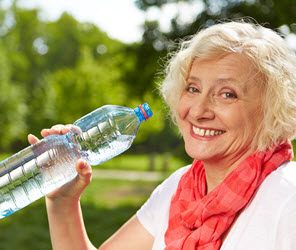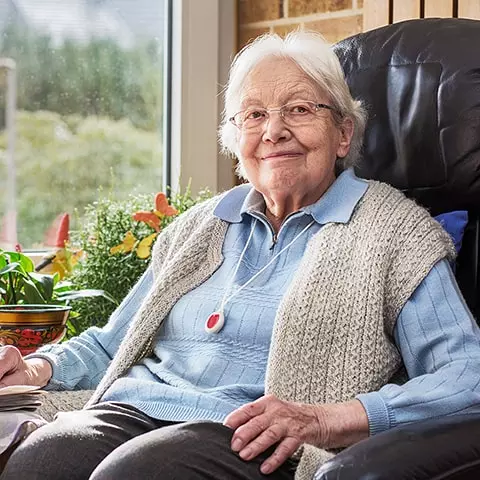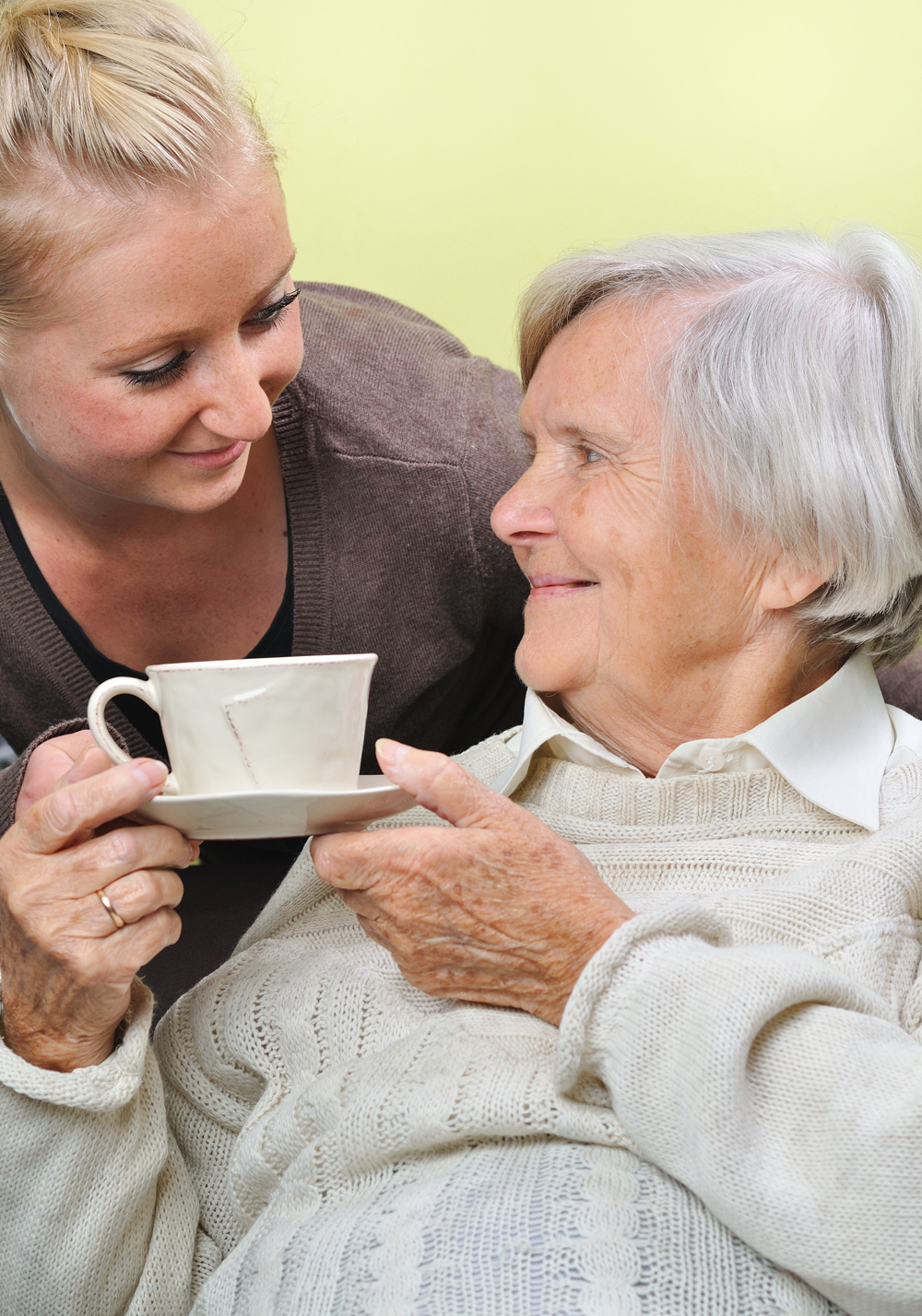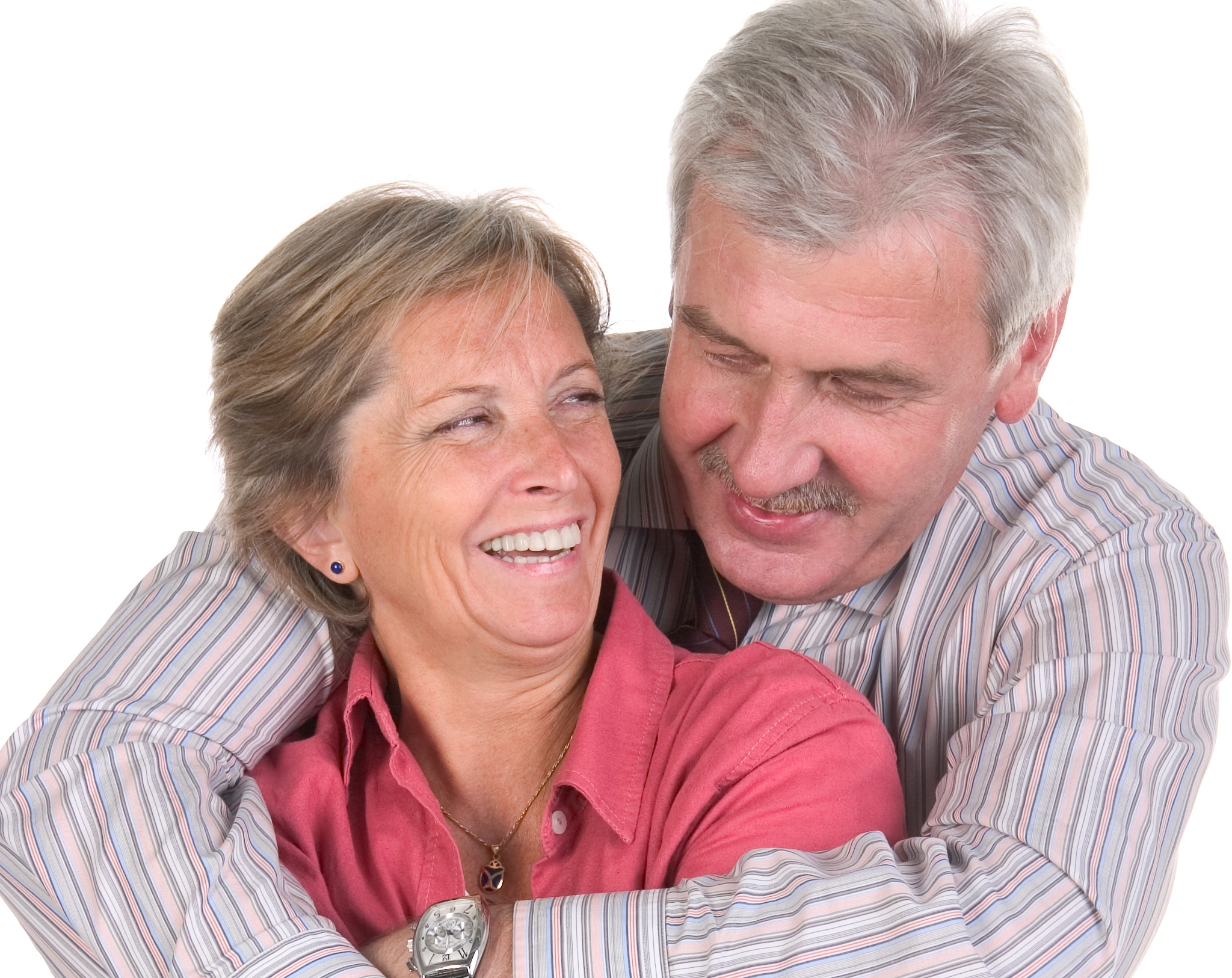
As the sun's rays grow stronger during the scorching summer months, it's essential to recognize that extreme heat can pose significant health risks, especially for our elderly population. With global temperatures on the rise, understanding the effects of heat on older adults is crucial for their well-being.
Dehydration:
Find YOUR ideal care home NOW!
One of the most immediate and critical effects of high temperatures on the elderly is dehydration. Aging bodies have a reduced ability to retain water, and seniors may not feel thirst as acutely as younger individuals. Dehydration can lead to dizziness, confusion, urinary tract infections, and even heatstroke. To prevent this, seniors should drink plenty of water throughout the day, even if they don't feel thirsty.
Heat exhaustion:
Heat exhaustion is a heat-related illness that can affect seniors who are exposed to high temperatures for extended periods. Symptoms include heavy sweating, weakness, nausea, and rapid pulse. If not addressed promptly, heat exhaustion can progress to heatstroke, a life-threatening condition. To avoid heat exhaustion, seniors should stay in cool environments, wear lightweight clothing, and avoid strenuous activities during the hottest parts of the day.
Heat stroke:
Heatstroke is a severe heat-related emergency that demands immediate medical attention. It occurs when the body's core temperature rises to dangerous levels, causing confusion, rapid breathing, a strong, rapid pulse, and, in severe cases, loss of consciousness. Elderly individuals are particularly vulnerable to heatstroke due to their reduced ability to regulate body temperature. To prevent heatstroke, seniors should stay indoors during heatwaves, use fans or air conditioning, and wear light-colored, loose-fitting clothing.
Respiratory problems:
Extreme heat can exacerbate preexisting respiratory conditions in the elderly, such as chronic obstructive pulmonary disease (COPD) or asthma. The heat can make it harder for seniors to breathe and increase the risk of respiratory distress. To manage this, seniors should stay cool, hydrated, and avoid outdoor activities when air quality is poor.
Cardiovascular strain:
High temperatures can put added stress on the heart, potentially triggering heart-related issues in older adults. Dehydration and increased heart rate due to heat can lead to palpitations, chest pain, or even heart attacks. Seniors with heart conditions should take extra precautions, including regular monitoring of vital signs and avoiding excessive heat exposure.
Medication interactions:
Many elderly individuals take medications for various health conditions, and extreme heat can impact how these medications are absorbed and metabolized. Seniors should consult their healthcare providers to understand how heat may affect their specific medications and whether adjustments are necessary during hot weather.
Safe Summer Practices for Seniors
| Safety Tip | Benefit |
|---|---|
| Stay Hydrated | Prevents dehydration and regulates body temperature |
| Avoid Midday Sun | Reduces risk of heat exhaustion and sunburn |
| Wear Light-Colored Clothing | Reflects heat and keeps the body cool |
| Use Air Conditioning or Fans | Maintains a safe indoor temperature |
| Monitor Medications | Prevents adverse effects caused by heat interactions |
Concerned about how heat affects older adults?
High temperatures can have a greater impact on older people, increasing the risk of dehydration, fatigue and other health concerns. When managing heat at home becomes more challenging, families may start reflecting on whether additional support or a safer living environment is needed. Senior Home Plus provides independent guidance to help families understand care home options when wellbeing and safety become a priority.
Get guidance on care options for older adultsFree guidance • No obligation
The effects of heat on the elderly can be severe and life-threatening, but with proper awareness and precautions, we can help our older loved ones stay safe and comfortable during the summer months. It's crucial to stay vigilant, provide adequate hydration, create cool and shaded spaces, and encourage seniors to seek medical attention if they exhibit signs of heat-related illnesses. By prioritizing their well-being, we can ensure that our elderly family members enjoy the summer season safely and comfortably.
FAQ:
Why are seniors more vulnerable to heat-related illnesses?
Aging bodies have reduced water retention, lower heat tolerance, and a weaker ability to regulate body temperature, increasing the risk of heat-related illnesses.
What are the first signs of dehydration in the elderly?
Early symptoms include dizziness, confusion, dry mouth, and dark-colored urine.
How can seniors prevent heat exhaustion?
Seniors should stay indoors during peak heat, wear loose clothing, hydrate frequently, and rest in shaded areas.
What should you do if a senior shows signs of heatstroke?
Call emergency services immediately, move them to a cool place, and apply cold compresses while waiting for medical help.
Can hot weather affect medications for seniors?
Yes, some medications may not work properly or may cause increased sensitivity to heat. Always consult a doctor for advice.
What temperature is too hot for elderly individuals?
A temperature above 26°C (79°F) indoors or 30°C (86°F) outdoors can be dangerous for seniors, especially if humidity is high.
How does heat impact people with heart conditions?
High temperatures can increase heart rate, cause dehydration, and strain the cardiovascular system, leading to potential heart issues.
What drinks help prevent dehydration in seniors?
Water, herbal teas, and electrolyte-rich drinks are best. Avoid alcohol and caffeine, as they can dehydrate the body.
Are electric fans effective during heatwaves?
Fans help, but during extreme heat, air conditioning is more effective in preventing heat-related illnesses.
How can caregivers help seniors stay cool during hot weather?
Caregivers should ensure proper hydration, adjust indoor temperatures, monitor for heat illness symptoms, and encourage light meals and clothing.
We are here to help you choose a care home or facility best suited to your needs. Do not hesitate to contact us on the following number: 0230 608 0055 or fill out this form.
Do you need a care home for yourself or your loved one?
Search for Care Homes by Region
| East Midlands | Eastern | Isle of Man |
| London | North East | North West |
| Northern Ireland | Scotland | South East |
| South West | Wales | West Midlands |
| Yorkshire and the Humber |
Share this article :
Latest posts
You are looking for an establishment for your loved one ?
Get availability & prices
Fill in this form and receive
all the essential information
We would like to inform you of the existence of the opposition list for telephone canvassing.










